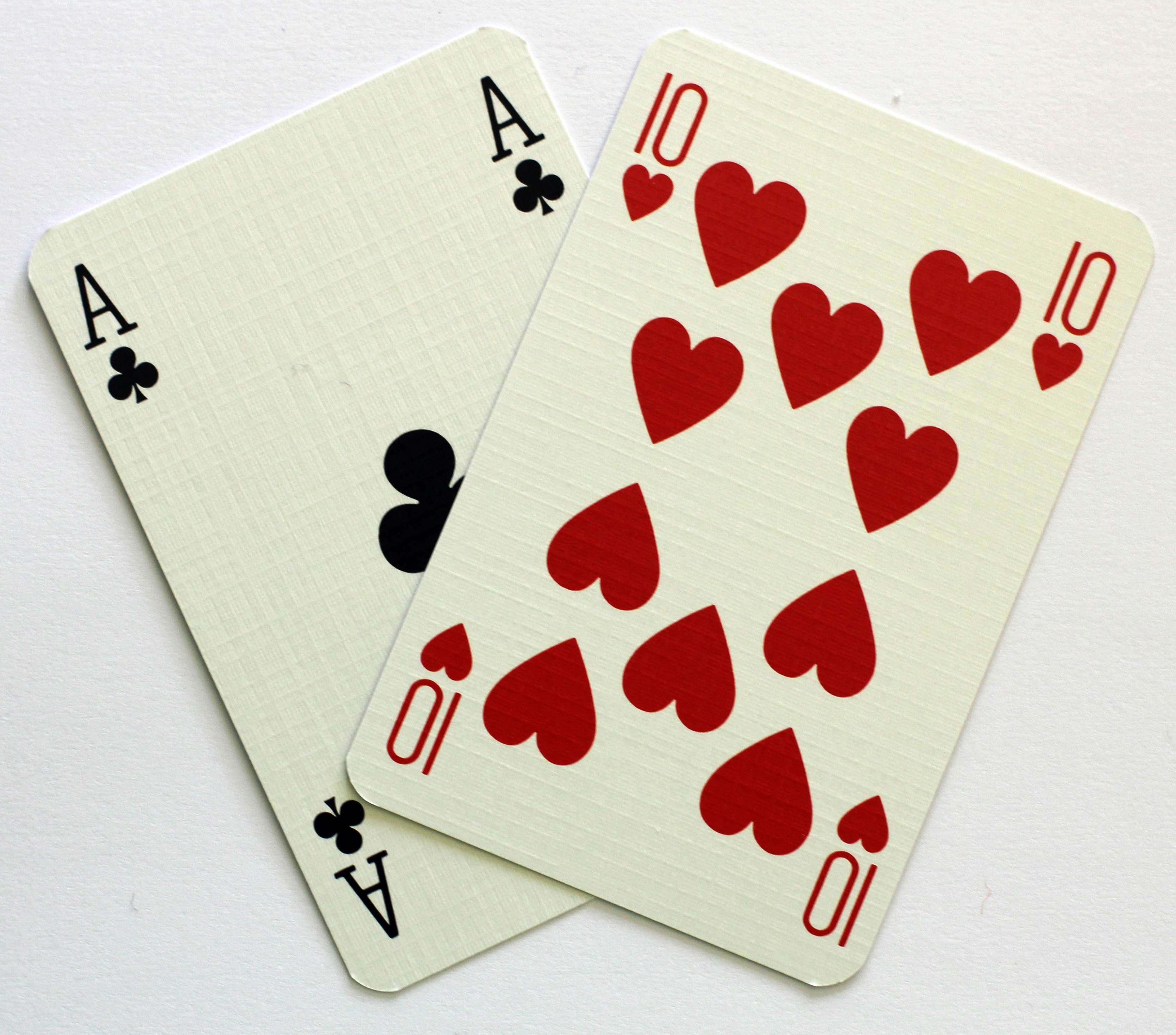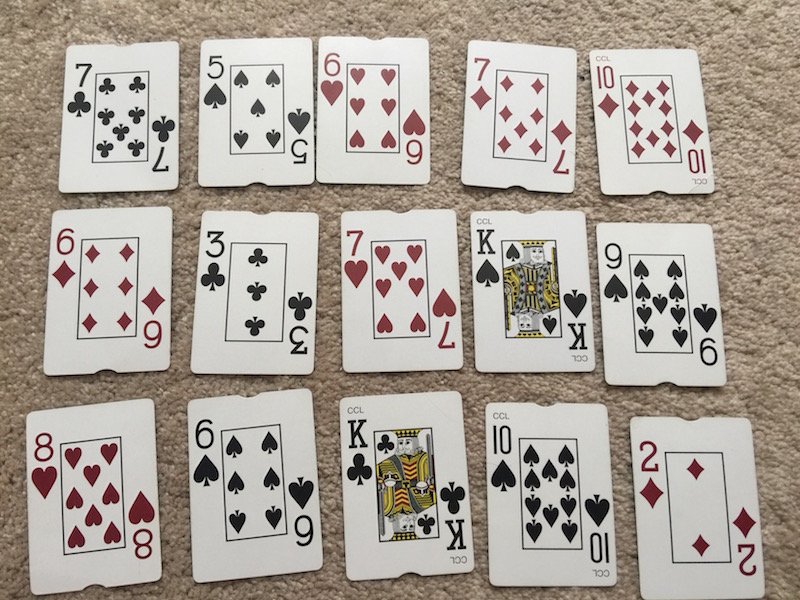21 Card Game
Play free online blackjack - also called '21' - the classic casino card game of luck and skill! Free Blackjack Game Overview. Welcome to this online blackjack page where you can play the best free blackjack games. Our How-To Website (How Do You Do That? A How-To Guide For Ages 14 and Under): brief description and video.
Apr 12, 2017 Twenty-one, also known as Blackjack, is a popular card game and a staple of casino gambling in the United States. While a number of variations exist (typically house rules specific to individual casinos), the basic rules remain the same: the player wins if the hand totals or comes closest to 21 without exceeding it or being beaten by the dealer. 21 card Rummy played in the Points Rummy format is an intricate and elaborate variant of the game. In this game, players play the game for points that have a rupee or point value decided upon in advance. The online version of 21 cards rummy is simpler to understand and play as compared to the offline version.
The basics
-Number of players: three or more
-Playing time: as desired.
-Cards: standard deck, no jokers.
-Ranking: court cards count 10 points, Aces count 1 or 11 at the holder’s option, pip cards their face value. The 10s and court cards are collectively known as “tenths”
-Deal: one player acts as banker, the rest as punters. A maximum stake is agreed. The cards are shuffled at the start of play but thereafter only on a pontoon when the bank changes hands. The banker always deals.
History
This simple yet subtle gambling game, a traditional favorite of the Armed Forces, is also known as Twenty-one and, with minor modifications, as Blackjack in casinos (where the punter is strongly advised to read the house rules before venturing to play). Whilst stakes are essential for Pontoon, the game need not, of course, be played for money.
Object of the game
To hold two or more cards which together sum to 21 (ideally an Ace and a tenth, this is known as pontoon or a natural) but above 15 and as near to 21 as possible. Any hand that exceeds 21 is “bust” and loses.
Play
This takes place in a number of stages.
-The banker deals one card to each player, including sled. The punters examine their cards and bet on them. (See Stage 1).
-The banker deals a second card all round. (See Stage 2).
-The banker addresses the players in turn, who either complete their hands or are busted. (See Stage 3).

-When all punters have been accommodated, the banker’s hand is turned over. The banker is free to add cards face up to it, stopping when satisfied or is busted.
-Debts are settled. The banker pays all punters whose hands beat the banker’s hand, matching the punters’ stakes, and collects the stakes of the losing punters.
Stage 1
The punters look at their cards then put them back face down on the table, indicating their bets by placing counters beside them.
Stage 2
When all the punters have bet, banker deals a second card face down all round.
Stage 3

The banker now addresses each punter in turn, starting with Eldest. A punter has three options and a possible fourth as follows.
-Stick. The punter, whose hand must total 16 or more, elects to have no more cards. If the hand is pontoon, the Ace is turned over to indicate this.
-Twist. The punter elects to receive a third card. Banker deals this face-up off the top of the pack. If the cards, together with the two hidden cards, total more than 21, the punter is bust. The punter announces this; the banker takes up the punter’s cards and places them at the bottom of the pack, then appropriates the punter’s stake. If not busted, the punter can elect to receive further cards in the same manner until satisfied (“stick”) or bust.
-Buy. The punter opts to receive a card face down. For this privilege, the punter must bet again, but not more than the original stake. Another card or cards may subsequently be bought, or the punter can elect to twist. A bet may be decreased but never increased and a punter who elects to twist cannot subsequently buy.
If a punter has four cards and opts for a fifth in an attempt to complete a five card trick, the card is dealt face up whether the punter buys or twists. However, if the four cards total 11 or less the fifth card cannot be bought since the bonus hand is a certainty.
-Split. A punter who receives his first two cards of the same rank can elect to split them – to form two hands, one with each card. A stake equivalent to that placed on the first card is place on the second, and the banker deals another card to each hand. If there is a further match, the punter may split again. Each hand is then played out as above.

Scoring


The highest hand in some schools is a royal pontoon (three 7s), which is unbeatable and wins the punter triple stakes. However, the hand only counts as 21 if held by the banker.
Pontoon earns the punter double stakes and the right to be banker. If the pontoon is the banker’s then all punters pay double.
The next highest hand is a five card trick – five cards that together sum to less than 22. This also attracts double stakes.
The banker always wins equal hands; thus a bank’s pontoon beats any pontoon by a punter. The banker normally announces payment thus: if his hand sums to 18, he announces “Pay 19s”; i.e. any punter with a hand totally 19 or more, or a bonus hand, wins. The banker takes the stakes of the losers and pays out equivalent stakes to those bet by the winners plus any bonuses.
Tips on how to win Pontoon
The banker wins on equal hands and therefore has a large advantage, to the extent of sometimes ending in credit on a round despite going bust. Furthermore, the banker will often be able to hazard a shrewd guess at some player’s totals from the cards they twisted. So the simplest advice for the Pontoon player is – get the bank if you can.
As a punter, however, you do have one or two benefits. Most importantly, you can scale your bets and you need only increase the original stake when the prospects look good.
Card counting comes in handy and as a general guide, buy when your two cards total 11 or less but twist when they total 12 or more (there are 16 tenths in the pack and they have a habit of coming up when you don’t want them). Basic strategy shows it is generally prudent to stick on 16, but if holding four cards the gamble of taking a fifth card may be worth it.
An observant punter with a good memory has a decided advantage. Since the pack is only shuffled on a pontoon (or change of bank) it is sometimes possible to foretell the next card, or at least to calculate the rough odds of receiving a low card or a tenth for example.
A punter’s guide to Pontoon
| Betting (scale 1-5) 1st card | Splitting Pair of: |
| A -5 | A – Yes |
| 2 -3 | 2 – Marginal |
| 3 -2 | 3 – Marginal |
| 4 -1 | 4 – No |
| 5 -1 | 5 – No |
| 6 -1 | 6 – No |
| 7 -2 | 7 – No |
| 8 -2 | 8 – Yes |
| 9 -3 | 9 – Marginal |
| Tenths -4 | Tenths – No |
An Example Hand of Pontoon
Banker and five punters. The minimum bet is 1 and the maximum bet 5.
S= stick; T= twist; B= bust.
How To Play 21 Card Game
E elects to split his pair of deuces, so two hands: (i) and (ii). E may not bet on his fourth card of E(ii) as the five-card trick cannot be defeated. Nonetheless, the dealer would turn over a fifth card to complete the hand.
Banker announces “Pay 19s”. A (21) wins two, B (17) loses five, C (19) wins four, D (bust) loses one, E (18) loses six and (five card trick) wins 12.
Variants
The game has no significant variants, but many minor variations in the play and betting rules are encountered. A common one is that on examining the first bank card banker may double the stakes. Another common rule is that a split pontoon does not win the bank.
A two-player game called Quinze has 15 as the limit hand, played to a standard stake. Ace is low and all cards are dealt face down. A player may stick on one card. If hands are equal, stakes are doubled for the next round. The deal alternates.
21 Card Game
In Blackjack and related casino card games such as Baccarat, the house always runs the bank and as such has a house edge.